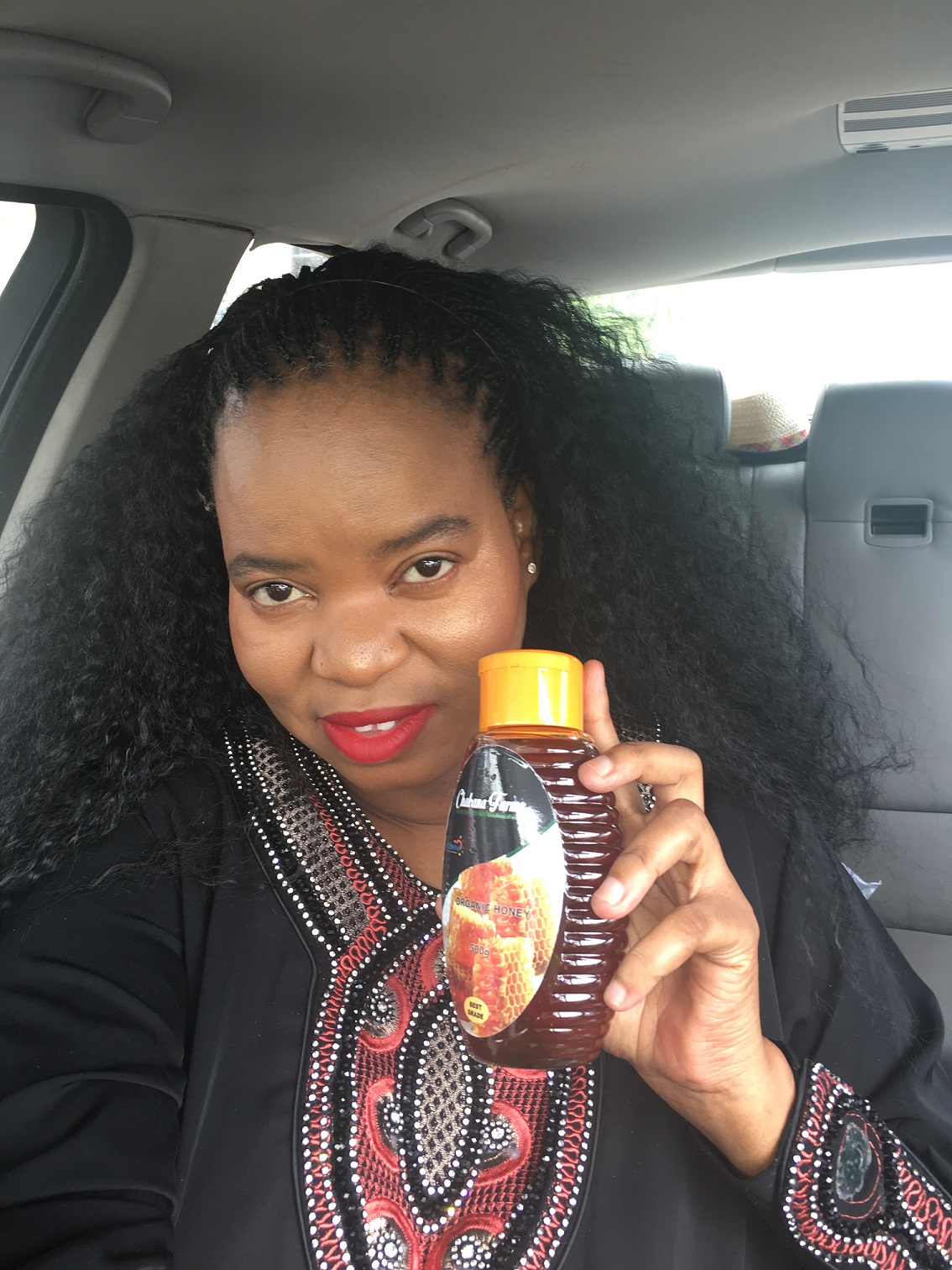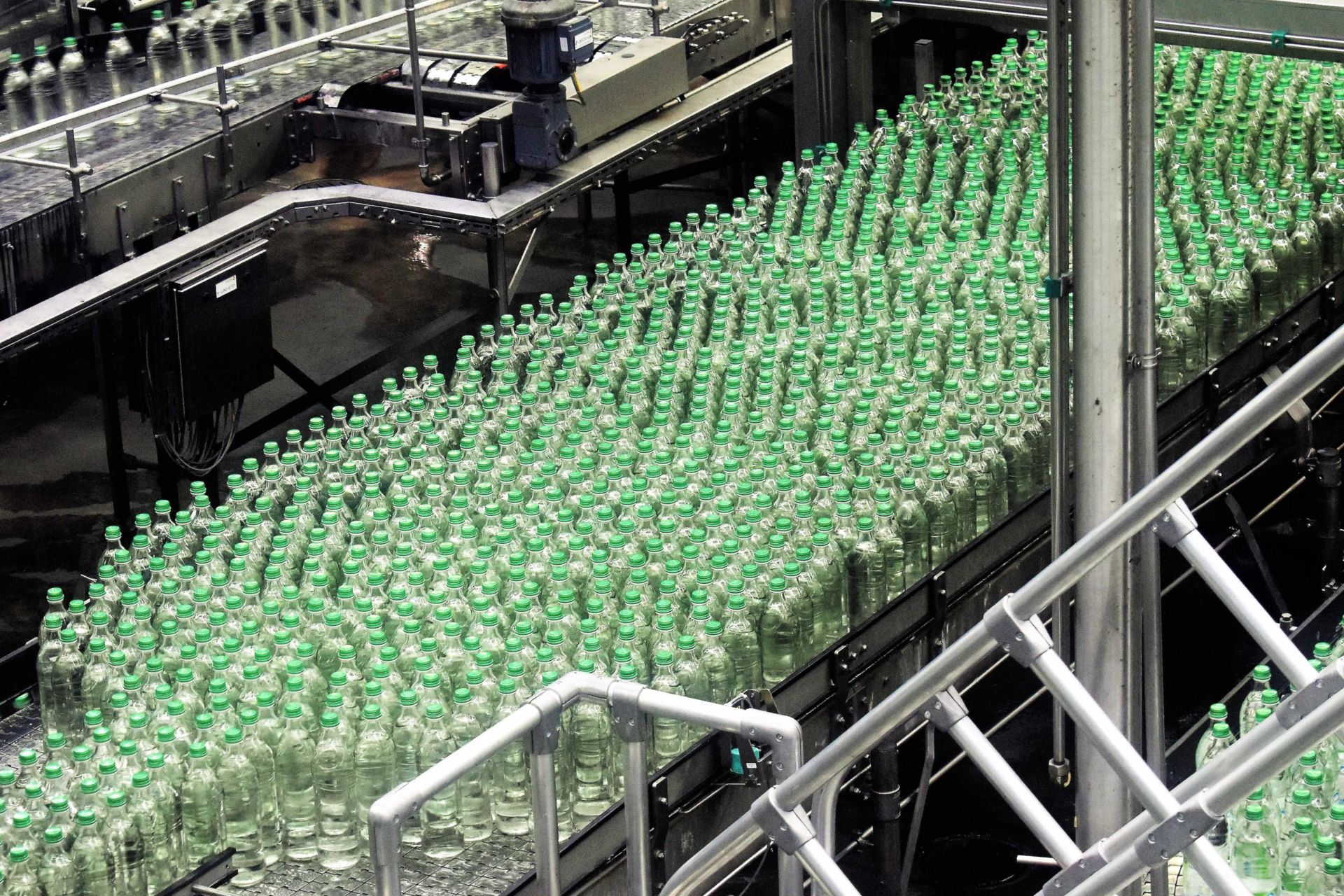Could women play a significant role in sustainable development for Africa? Certainly, they can and Mavis Nduchwa is surely doing a lot to make this happen. Mavis is the founder and CEO of Chabana Farms – and of the sister company, Chabana Investment. Mavis is from Botswana and her aim is to empower women and young people from her country through job opportunities in agriculture.
Impakter has reached out to Mavis to speak about Chabana farms. Mavis has just returned from a trip to neighbour countries where she was looking for market opportunities for Chabana farms. Coming from Botswana, a country that used to import most of the food that is consumed by its population, we can already see the impact of Mavis’ activities. Here’s what she had to say about her company.
How did you start Chabana farms?
Mavis Nduchwa: I was born thirty-five years ago in the city of Francistown, Botswana. I grew up on a farm where my family farmed various crops. It all started with my great grandmother: since then, women in my family before me all did exceptionally well in agriculture. Through agriculture we were able to go to school. I did well at school and after graduating I went to work in Safari camps as a manager. I, then, saw the need to start Chabana farms to help create employment as well as do something that I truly love. My grandmother inspired me as I watched her over the years single handedly raise our family from her agriculture earnings.
 In the photo: Mavis Nduchwa receiving Tony Elumelu’s Award as Most Impactful Entrepreneur
In the photo: Mavis Nduchwa receiving Tony Elumelu’s Award as Most Impactful Entrepreneur
Photo Credit: Chabana farms
In what kind of businesses is Chabana farms involved? What about Chabana Investment?
M.N.: Chabana farms, as a business entity, manufactures and processes various foods using locally grown crops. We have the seeds production which we started due to the demand and lack of affordable high quality locally grown crops. We also have a network of farmers who supply us with raw materials.
The recent addition to the group is the honey sector, through which we hope to empower many women in communities around the country. I recently returned from Kenya and Zambia where I had gone for bench marking in order to help us scale up our honey business side as we now have contracts to export to neighboring countries.
Chabana Investment fund was recently launched to help farmers who want to venture into agribusiness but have issues including of lack of capital as well as not easy access to land. We fund, train, mentor, incubate and find markets for our women farmers. It works in a very simple but effective way: for instance we could fund a farmer to buy beekeeping equipment, train them in beekeeping, we walk through them all stages till harvesting. We then provide the market through purchasing honey from them. Farmers have easy terms to repay their small loans in order to help other farmers through the fund as well.
In the photo: Mavis Nduchwa with Chabana farms’ honey. Photo Credit: Chabana farms
Do you think your business has the potential the grow in the next couple of years?
M.N.: 80% of the population does some form of agriculture here, so we are looking at a total of 2 million people, including our exports to countries such as Lesotho and Namibia. Over the last few years we have seen people warming up to the idea of locally produced foods, epsecially in a country like Botswana, where we import almost all our food. Its now easier for young people to find markets out there through the free trade areas and the reduced tariffs. The clientele base is growing as we keep introducing new markets.
Editor’s Picks — Related Articles:
 Empty Trips is moving Africa – An Interview with Benji Coetze
Empty Trips is moving Africa – An Interview with Benji Coetze
 Investment in Climate-Smart Agriculture: Why Do it Now
Investment in Climate-Smart Agriculture: Why Do it Now
 Sustainable Agriculture is the Key to Ending Hunger
Sustainable Agriculture is the Key to Ending Hunger
What kind of impact do you have on your community?
M.N.: We create jobs and and that is the number one impact, as we employ youth and women and equip them with skills. There are also others that are as much important including women empowerment. We also have a healthy community because with agriculture comes healthy food grown the right way; we have a social project of poultry and piggery and that means affordable protein is readily available for most families.
Eggs, chicken off cuts and pork cuts are affordable. In fact when we slaughter we get more labor by employing seasonal workers from the village and they all get a bit of meat to take away.
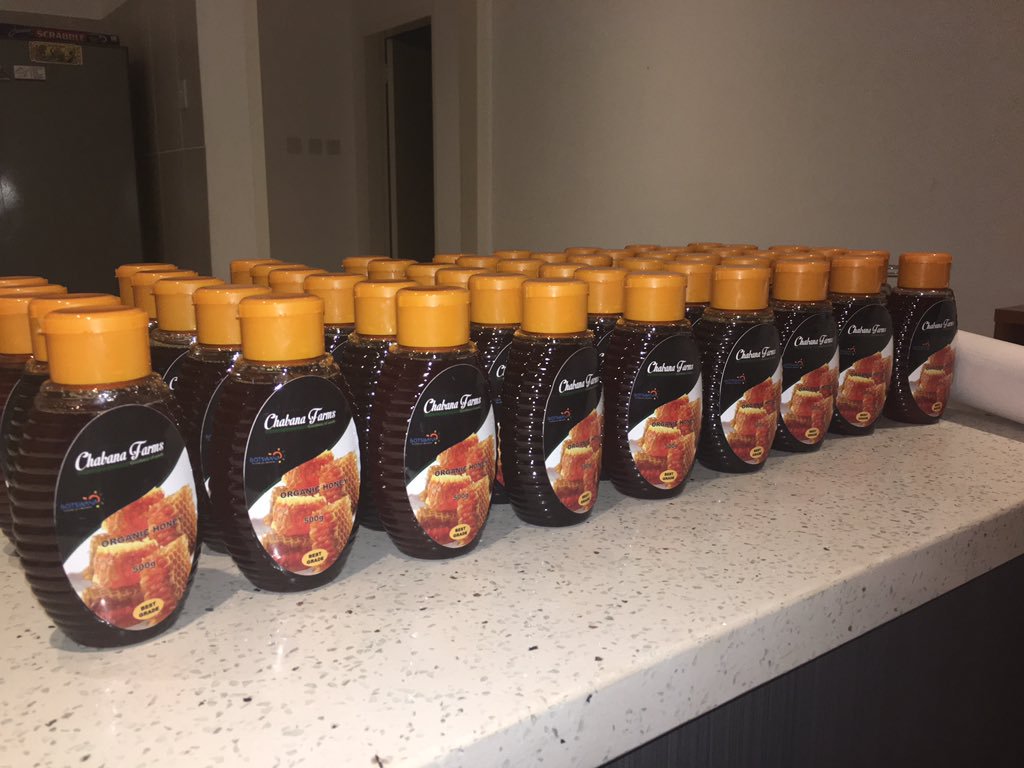
In the photo: Chabana farms’ honey. Photo Credit: Chabana farms
What do you think needs to be done to have more women entrepreneurs and initiatives like yours in Africa?
Africa is so diverse but our problems as women from all corners of Africa are similar. We need to begin by removing social barriers that hinder women to venture into entrepreneurship. In Africa “the cow belongs to the man, but the labor that comes with it belongs to the woman” . African Women run households, work hard to feed families, if we can trust and empower them to run successful businesses, companies, financial institutions, Africa can be transformed. Lets believe in women and give them equal opportunities.
What are your thoughts about the SDGs (Sustainable Development Goals)?
As Chabana Farms SDGs are at the core of our business:
- SDG 1 – No Poverty: We create employment for many households.
- SGD 2 – Zero hunger: We believe no human should go to bed hungry.
- SDG 3 – Good Health and Wellbeing: Food grown the right way provides good nutrition for the community.
- SDG 5 – Gender Equality: Women and girls should be given the opportunity to be and live freely.
- SDG 8 – Decent Work and Economic Growth: We provide skills and employment as well as contribute to the country’s GDP.
- SDF 15 – Conservation of life on land: it is our priority, as we encourage our farmers to look after our earth.
In the Cover photo: Mavis Nduchwa in a field. Photo Credit: Chabana farms
EDITOR’S NOTE: The opinions expressed here by Impakter.com columnists are their own, not those of Impakter.com.


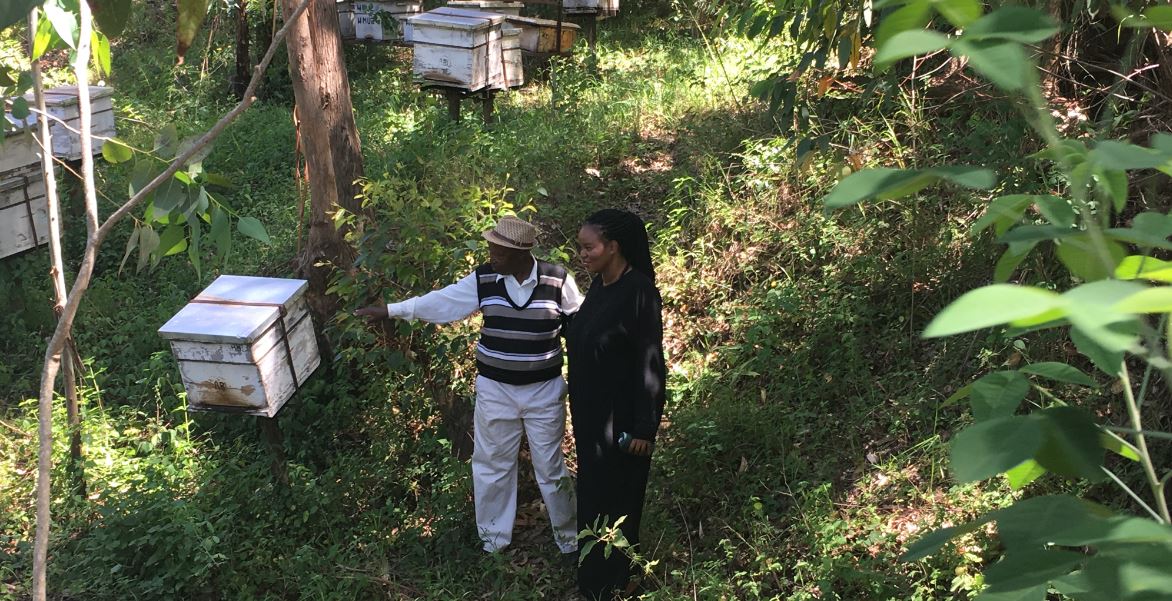
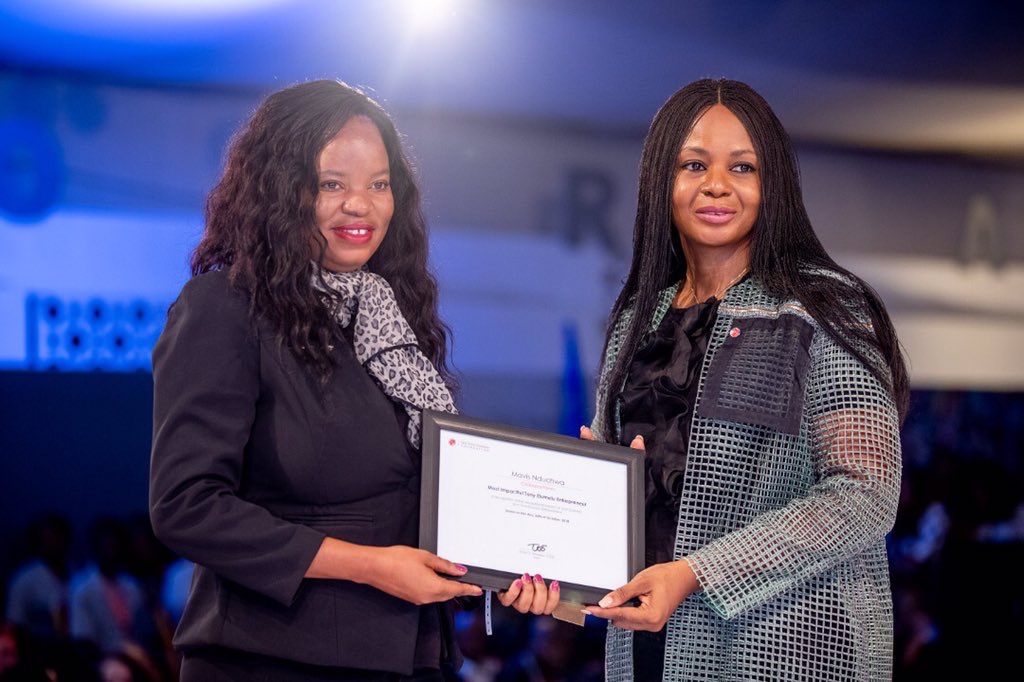 In the photo: Mavis Nduchwa receiving Tony Elumelu’s Award as Most Impactful Entrepreneur
In the photo: Mavis Nduchwa receiving Tony Elumelu’s Award as Most Impactful Entrepreneur
